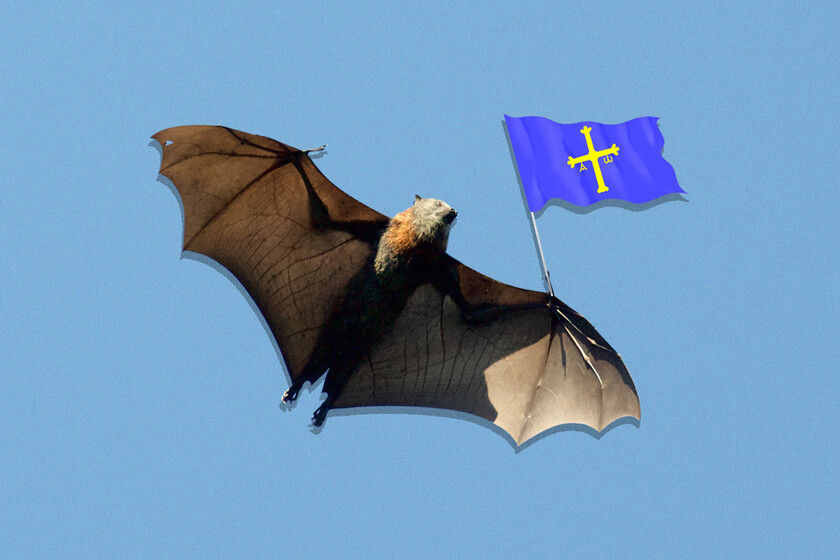We are discovering that sleep cycles have a lot of genetics and it is bad news for all those who want to improve it

Each person is a world, and that also affects how we sleep. There are those who sleep more and those who sleep less, and also people who get up early and people whose sheets stick. The latter are often the ones who suffer most trying to adapt to conventional schedules. Perhaps it is a lost fight, a defeat written in our own genes.
Chronotypes.
There are people whose circadian rhythm, the “internal clock” that dictates our sleep and wake cycles, leads them to go to bed early and get up early, while others have a later schedule. These typologies and those in between are called chronotypes. The chronotypes are not related to the number of hours we sleep, only with the times of the day in which their phases occur.
Although there may be a spectrum, according to the International Melatonin Institute (IiMEL), people can be classified into three groups: morning chronotype (earliest risers), evening chronotypes (those who make the most of the last hours of the day), and those in between. There are extreme cases that cause problems for those who have chronotypes that are very out of phase with respect to the usual ones.
Our circadian rhythms can depend on a number of factors. Age is one of the most important, since we do not need the same level of sleep in our childhood, in our adulthood or when we get older. Light also affects our sleep in a deeper way than we realize. Genetics is perhaps one of the most important factors in determining our sleep patterns.
From DNA to melatonin.
The diversity in chronotypes has a biological explanation. We have known for decades that genetics affect our circadian rhythm. gene was called period (or PER) to the gene responsible for regulating the PER protein inside our cells. This protein accumulates at night and disappears during the day. The discovery of the genetics of circadian rhythms earned the 2017 Nobel Prize in Medicine for the three researchers who led this discovery.
At the brain level, melatonin is the hormone that is responsible for transmitting the feeling of sleep to our brain. Our body secretes melatonin shortly before we fall asleep. It does so from the pineal gland, inside our brain, and our body is largely guided by the light it captures to know when it is time to secrete this molecule.
extreme cases.
This hormone has achieved great fame due to the number of supplements that use it to help regulate sleep, since some sleep disorders (not all) are caused by a lack of this hormone.
This situation can occur in blind people and people with late-phase sleep-wake cycle disorder, that is, those who fall asleep very late and therefore have greater difficulty waking up in the morning.
Since melatonin is not a sleeping pill, it is not used in all cases of insomnia, only in those most closely related to circadian rhythms.
And what about the nap?
It has also been observed that there are different types of people depending on our need to take a nap throughout the day. A recent study published in the journal Nature Communications linked 123 regions of our genome to this need.
In turn, the analysis identified three types of people who required a siesta or some form of daytime sleep: those prone to sleep (who need more rest time), those who were light sleepers (who do not get enough rest in their nocturnal sleeper), and early risers (who wake up early but then need to catch up on some of their sleep.
Sleep well.
Sleeping well is important but sometimes complicated. Especially in summer, since the heat can make it very difficult for us. Cooling our house with electronic products to cool our rooms can be expensive and cause us some discomfort when we wake up, but there are plenty of resources to improve our sleep expectations on summer nights.
In addition to seasonal tips, there are various resources that can help us rest better at night. Avoiding lights when going to bed (mobile, PC…) is common advice, and as we have seen, light is one of the determining factors for our body to know that it should go to sleep.
Another tip is to maintain habits, whether to go to bed before or after, doing it at regular times can help. Finally, maintaining healthy habits, exercising (not just before going to sleep), and avoiding alcohol and tobacco should also help us improve our sleep hygiene, and thus sleep and rest more and better.




